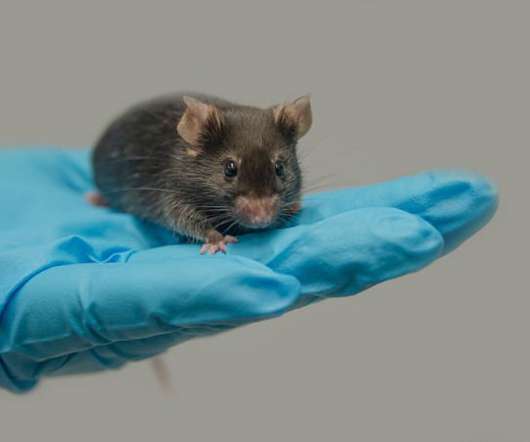Epigenetic Editing with CRISPR Might Be Easier Than We Thought
XTalks
MAY 4, 2021
Researchers at the University of California San Francisco (UCSF) and the Whitehead Institute have developed a novel CRISPR-based tool called “CRISPRoff” that can switch off genes in human cells through epigenetic editing without altering the genetic sequence itself. The research was published earlier this month in the journal Cell.














Let's personalize your content